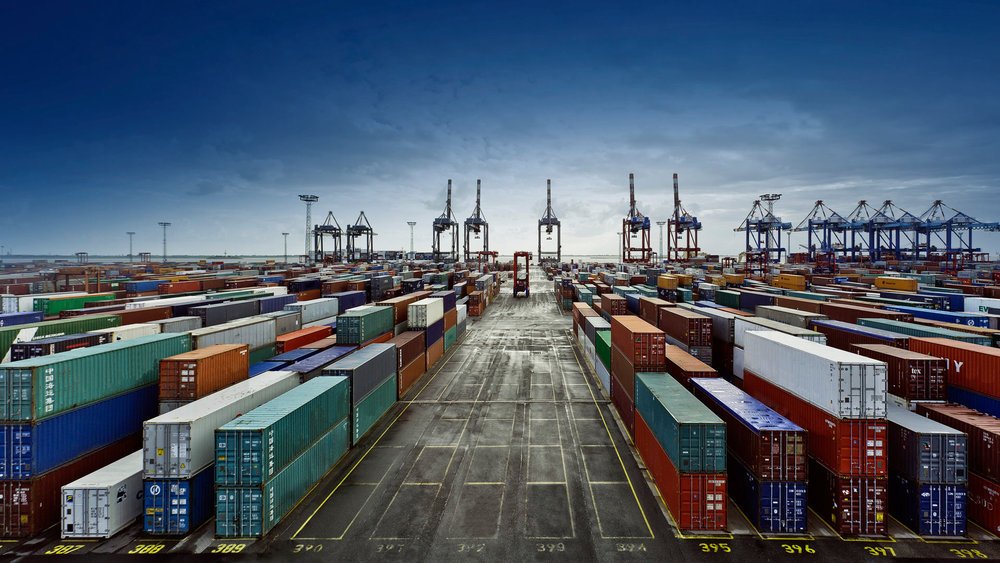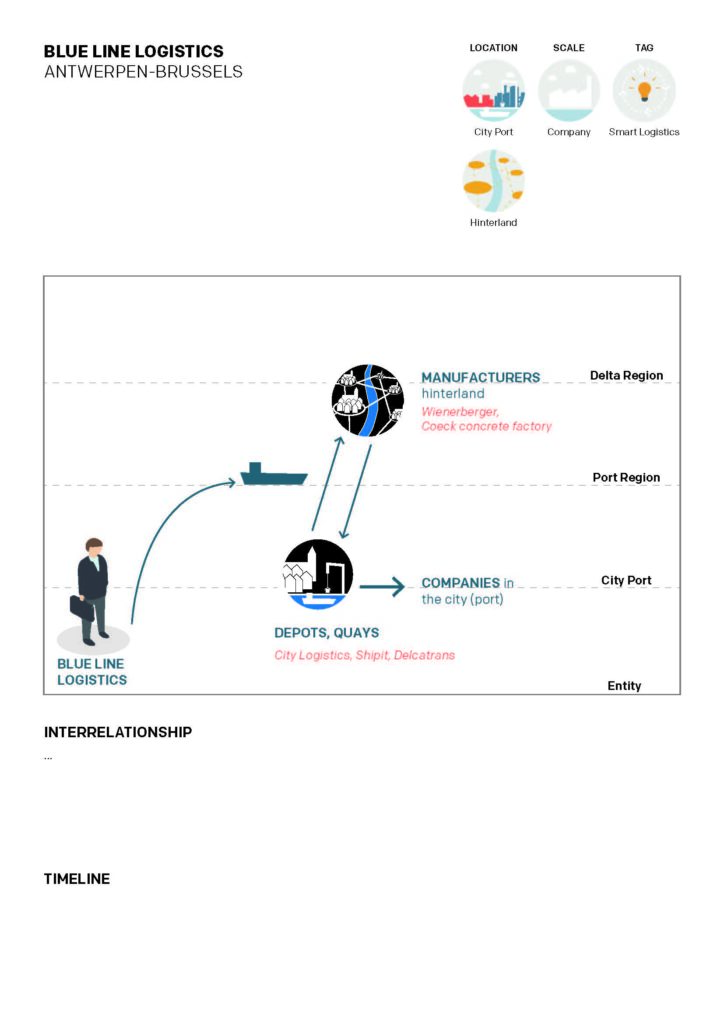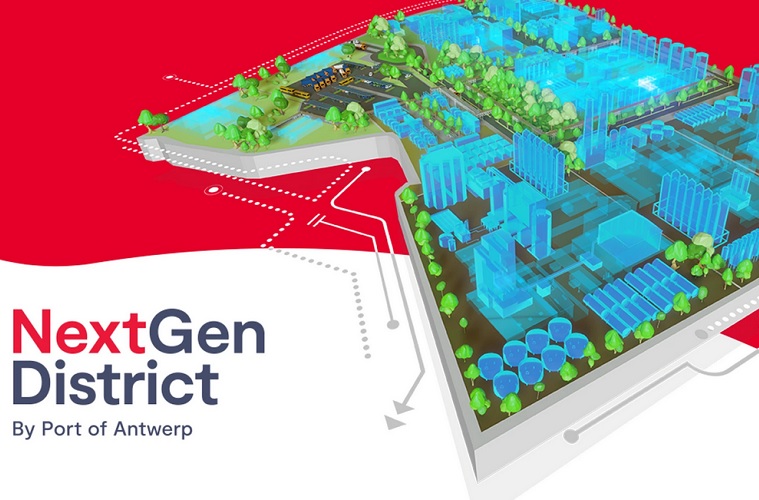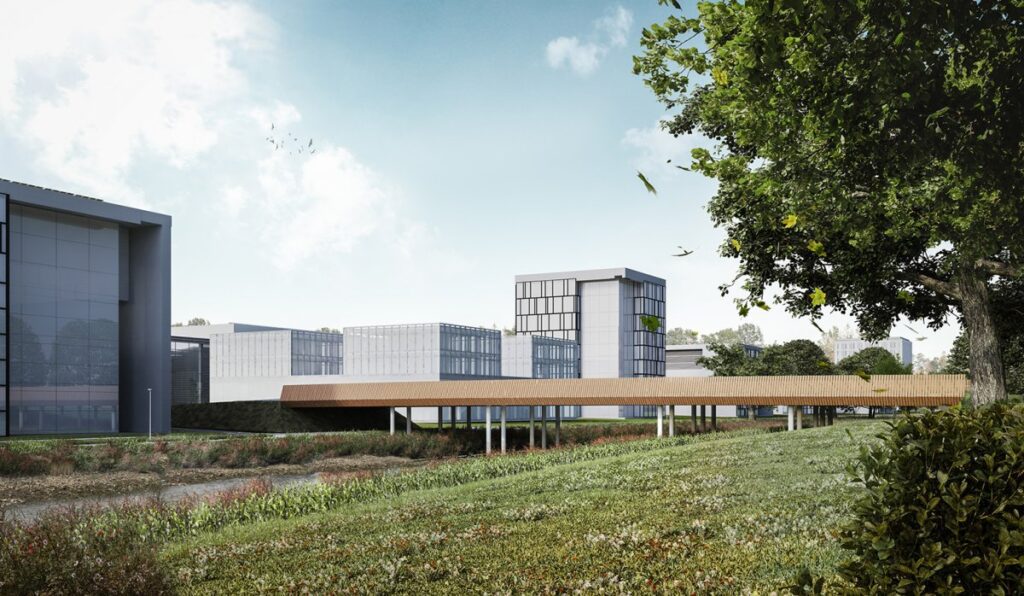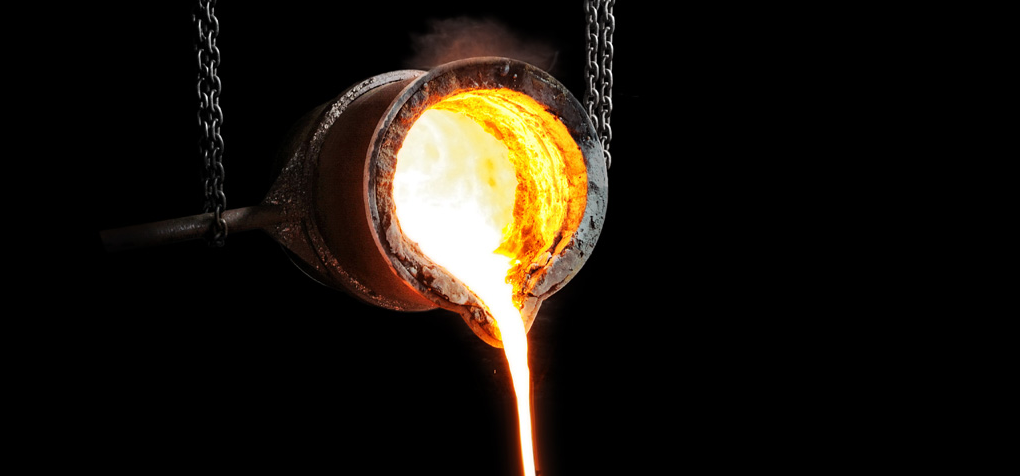“Blue Line Logistics will bring a revolution into inland shipping”
What’s happening? How does it happen?
A newly established shipping company that has designed and built boats suitable for palletised cargoes. The design is based on the concept of a catamaran allowing the cargo to be (un)loaded asymmetricaly. This is very innovative as the cargo can be driven directly on deck with a forklift or by use of a small crane. In this respect the ship can handle a cargo of 300 tons ora 200 pallets and with its relatively limited draught is also very suitable for small waterways.
Why is this an interesting circular initiative for ports?
Waterbound logistics is only strategic and competitive with road transport if you can ship large quantities, thus mainly shipping bulk materials. Costs are mainly related to transhipment as it requires time and infrastructure. The technology of this boat allows for other kinds of goods to be transported along waterways. As such, palletized goods can be easily transhipped as it doesn’t require specialy equiped infrastructure and the impact on the quay stays limited.
What is the relation with the port and water?
The boats are operative on the Scheldt river, the Albert Canal and the canal from Antwerp to Brussels. Also they will be used in ports abroad like Amsterdam or Paris. As such the boat can connect production and recycling sites in the hinterland with producers and consumers in the city port.
What is the relation with the city?
The goods that can be shipped, are more related to goods that the city consumes or produces. These goods can be transhipped on a quay close to the city, where smaller trucks deliver the goods to consumers or producers in the city port. From the city, packaging or waste materials can be transhipped to recycling facilities located in industrial ports or sites along the waterway.
What are the ambitions?
Offering an alternative transportation mode, with focus on smaller loads via inland waterways. The first initiatives are starting with building materials, but also the retail sector and urban distribution (daily consumer goods) could transport smaller quantities more quickly and efficiently. These are companies that normally don’t look at waterbound logistics as their goods would be too small. Also, Blue Line Logistics is doing test cases with unmanned inland vessels that will be further explored in the near future in calm trajectories.
Who is behind it?
The ships were produced on the initiative of a private entrepreneur, in the region around Antwerp (Hemiksem and Rupelmonde). City Logistics, a part of Bpost, has started in 2014 with the consolidation of goods of a number of large carriers destined for the city centre or for companies in the port area. From there they will be distributed by smaller trucks on different routes in the city and the port.
